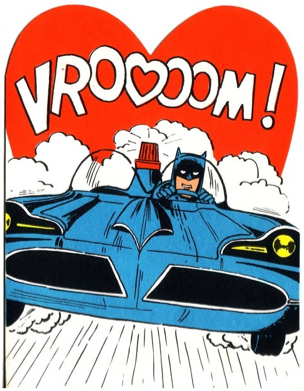 |
Craig White's Literature Courses Onomatopoeia + Phonestheme |
 |
Oxford English Dictionary
1.a. The formation of a word from a sound associated with the thing or action being named; the formation of words imitative of sounds.
2. The use of echoic or suggestive language, esp. onomatopes, for rhetorical effect. Occas. in Music: the use of imitative or echoic instrumentation, rhythms, etc
onomatope: A word formed by onomatopoeia.
![]()
Onomatopoeic joke
Knock-knock.
Who's there?
Boo
Boo who?
Don't cry, I was only joking
![]()
Onomatopoeia in classic poetry:
Gwendolyn Brooks, "Cynthia in the Snow"
In the last lines of Sir Alfred Tennyson's poem
'Come Down, O Maid', m and n sounds produce an atmosphere of
murmuring insects:
... the moan of doves in immemorial elms,
And murmuring of innumerable
bees.
Also Tennyson's Morte D’Arthur:
I heard the ripple washing in the reeds
And the
wild water lapping on the crag.
(http://examples.yourdictionary.com/examples-onomatopoeia-poems.html)
![]()
Examples of onomatopoeic words:
achoo, ahem
beep, boom
chirp, click, clink, cock-a-doodle-doo
ding, drip
eek
fizz, flicker, flutter
giggle, growl, gurgle
harrumph, hiccup, hiss, honk, hum
itch
jangle
meow, moo, mumble, murmur
oink, ouch, ow
ping, plop, plunk, poof, pop, purr
quack
rattle, roar, rumble, rustle
screech, sizzle, slap, slurp, sniff, snip, snort
thud, thump, ticktock, tinkle, twang, tweet
ugh
vroom
whack, wham, whisper, woof
yikes
zap, zip, zoom
(examples adapted from http://www.examples-of-onomatopoeia.com/)
![]()
compare Phonestheme: A phoneme or group of phonemes having recognizable semantic associations, as a result of appearing in a number of words of similar meaning (Oxford English Dictionary)
For example, in words like glimmer, glitter, and glisten, the initial gl- phonestheme is associated with vision or light. (http://grammar.about.com/od/pq/g/Phonestheme.htm)
Phoneme 1b. A unit of sound in a language that cannot be analysed into smaller linear units and that can distinguish one word from another (e.g. /p/ and /b/ in English pat, bat).
![]()
—x
[ ]x